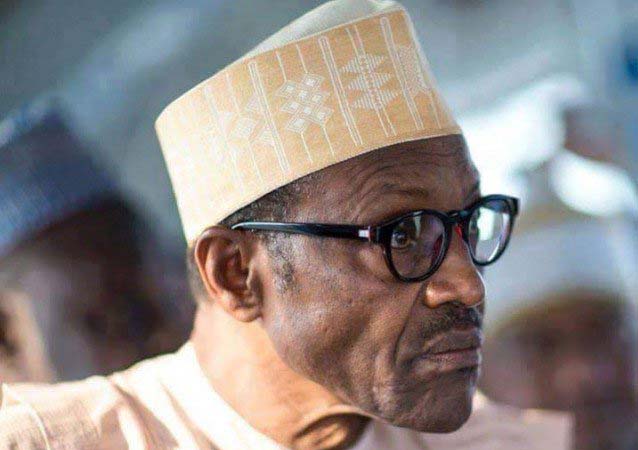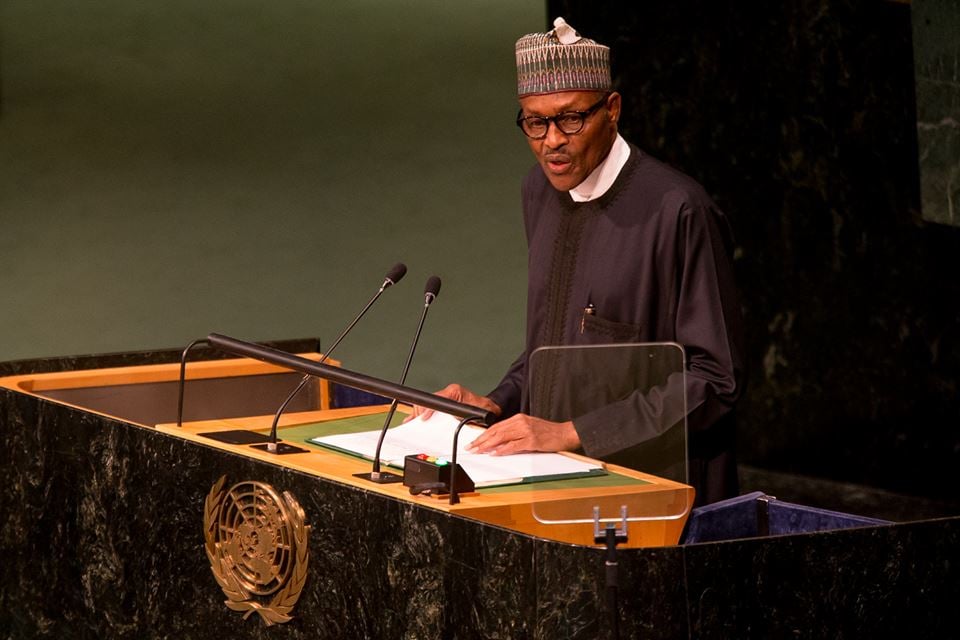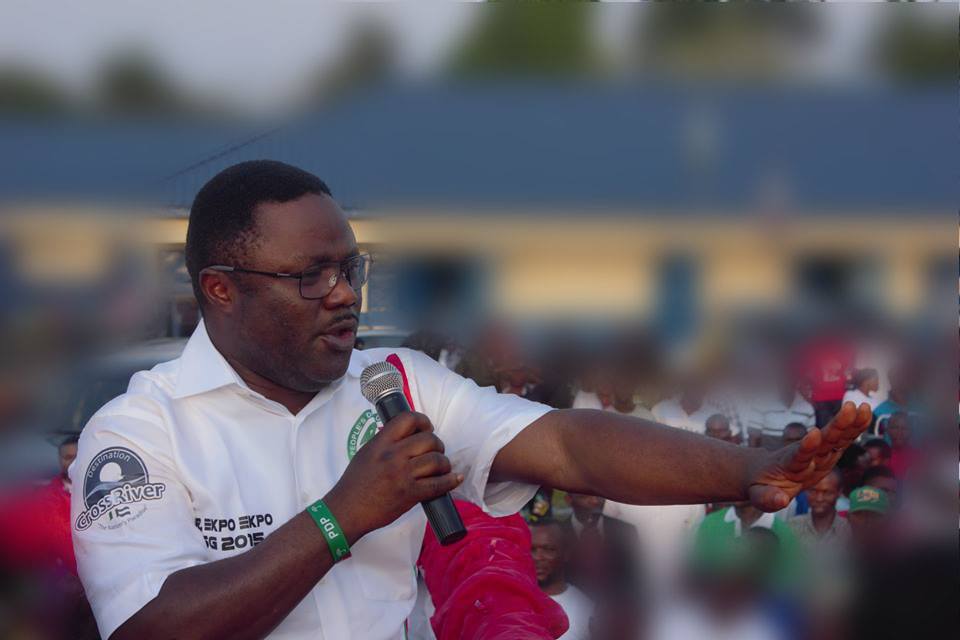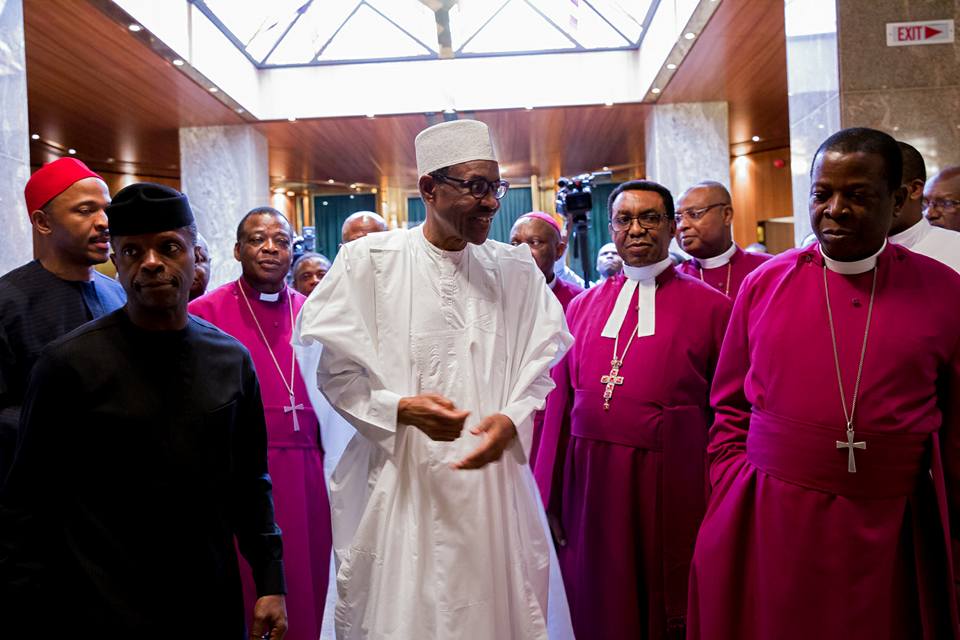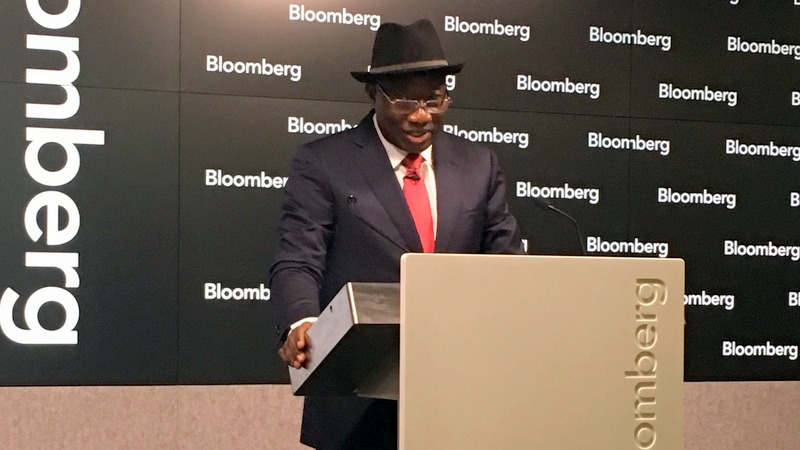Since Donald Trump crossed the threshold to become the presumptive presidential candidate of the Republican Party, I’ve been stuck on a common pidgin English expression, “like play, like play.” Although it does not necessarily have a negative meaning, it’s often used when something creepy, something really dangerous is about to happen.
Trump’s odyssey started like play, like play. We knew him for his books on getting rich and making it big on property. Whether it was The Art Of The Deal; Think Like A Billionaire: Everything You Need To Know About Success, or The America We Deserve,you didn’t read Trump and fail to be touched by his fearlessness and love of adventure. In a way, he came across as the ultimate can-do spirit in business. If building his massive real estate business didn’t give him enough satisfaction, many thought that sharing his experience in books would fill the gap.
Like play, like play his irrepressible spirit wanted more. He signed up as a judge on NBC’s famous programme, The Apprentice, an American reality game show which tests the business skills of contestants. He made the show a hit, drawing record audiences and inspiring copycats around the world. Again, most people thought that his adventure into reality TV and the impact it was making would finally soothe his restless spirit.
He had built businesses, written books, hosted one of the most famous TV shows in America and made an estimated $4.5billion fortune in the process, what else did he want?
Advertisement
Like play, like play, he wanted more. He had been somewhat a closet Republican and, in the past, was happy to cut fat cheques as donation to leading candidates, including Mitt Romney. As long as the Republican elite could get his money and use him as talisman to grab power, it was alright. They loved his money but feared the prospects that his money could eventually give him a voice and control.
The unwritten covenant was to take his money and keep him at bay.
But like play, like play, Trump defied them. By some accounts, the first seeds of active politics were sown at the Annual White House Correspondents’ Dinner in 2011, when President Barack Obama dissed him, portraying him as an unserious man noted for his poor taste and wild rumour-mongering.
Advertisement
Although he took the blow to his ego graciously that night, the New York Times reported that that appears to have been the moment when he decided that enough was enough. “I realised,” Trump said, “that unless I actually ran, I won’t be taken seriously.”
So, like play, like play, he got into the race.
There were nine candidates at the beginning and Trump’s chances of getting the ticket were no better than those of Leicester becoming champions at end of the English Premier League season last year. Jeb Bush had money and dynasty. Chris Christie had name and legacy. Ted Cruz had the anointing of the conservatives. Marco Rubio was the new face of multicultural America. John Kasich was the key to Ohio, one of America’s largest swing states.
And Trump? He has more money than sense, more bluff than fight. Dump trump, it was said. He’ll never go the distance. Again, like Leicester, the odds against him were 5,000 to 1.
Advertisement
One year and 41 states later, the story has changed. One by one, the favourites have fallen by the wayside and Trump, the unlikely candidate, is the last man standing. How did it happen? How did the bystander and political rookie of yesterday confound and supplant the masters of the game?
Well, it started like play, like play. The cold and calculating businessman that he is, Trump decided from the start that he would not play the game the same way his Republican Party had played it and lost year-in year-out. As an apprentice in this game for the White House, he packaged and positioned himself differently. He tapped into the frustrations of millions of Americans who blame foreigners for taking their jobs and told them exactly what they wanted to hear – that once you get rid of the foreigners – the Mexicans, the Chinese and the Nigerians – you have your jobs back.
He railed at the huge US government debt and criticised Obama for amassing debt that generations of Americans unborn would still struggle to pay. He spoke against the political gridlock in Washington, which, he claimed, prevented major reforms and bemoaned the so-called decline of American power and place in the world.
Trump unleashed the secret fears of the average American, saying at the top of his voice and in public many of the things they had said privately in whispers.
Advertisement
In all of this, he used graphic, down-to-earth language and metaphors, always reminding Americans that, unlike him, all his opponents had been – or continue to be – a part of the mess the US had found itself in.
His party hates him not because they disagree with him, but because they created a monster they cannot control. Now, they must bow to him. Trump is dangerously out of control – and that is both his strongest point and his greatest weakness. A world with President Donald Trump would be a dangerously uncertain world.
Advertisement
At first the polls put him behind Hillary Clinton in a national election by a wide margin. But slowly, he is closing the gap. The Clinton campaign has had to go back to the drawing board and mainstream America is confused and confounded by this dangerous outsider.
Like play, like play, all bets are off!
Advertisement
Ishiekwene is the managing director/editor-in-chief of The Interview magazine and board member of the Paris-based Global Editors Network.
Advertisement
Views expressed by contributors are strictly personal and not of TheCable.
Add a comment


